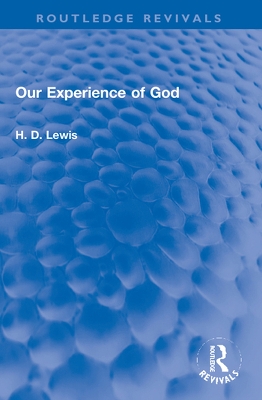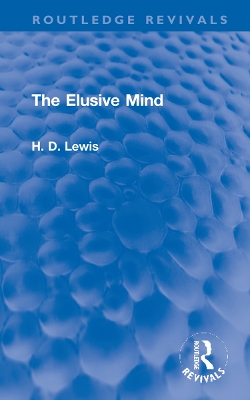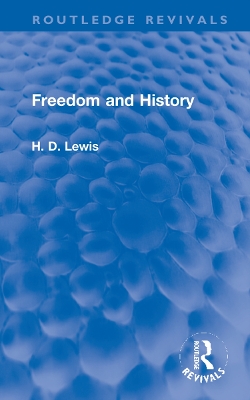Routledge Revivals
3 total works
First published in 1959, Our Experience of God examines the relationship between philosophy and religion. The author argues that, we cannot construct a religion for ourselves out of merely philosophical elements, and that the attempt to provide some philosophical or similar substitute for religion, as it normally presents itself, is misconceived. It brings themes like religion and belief; belief and mystery; religion and transcendence; history and dogma; material factors in religion; symbolism and tradition; art and religion; religion and morality; and encounter and immediacy, to show that the place of philosophy in religion is not to provide proofs for beliefs but to make more explicit for us what is the nature and status of the beliefs we do hold and commend to others. This book will be of interest to scholars and researchers of religion, philosophy, and theology.
First published in 1969, The Elusive Mind argues that the mental processes are of a quite different nature from physical ones and belong to an entity which is elusive in the sense that it can only be known, in the first instance, by each person in his own case in the course of having any kind of experience. This ‘elusive’ self is much involved with the body in any conditions we know, but it could also survive the dissolution of the body. The views of thinkers like Ryle, Hampshire, Malcolm, Feigl, and Ayer are subjected to an exceptionally close and critical scrutiny. In presenting these views, the author offers us the substance of the first series of Gifford Lectures he delivered in the University of Edinburgh; and, in what he says on such topics as dreaming; mysticism; and the ‘I-Thou’ relation and on Christian Theology.
This book will be an essential read for scholars and researchers of philosophy, philosophy of mind, ethics, and religion.
First published in 1962, Freedom and History expresses a deep concern about freedom and the way it is imperilled by misunderstandings. The cause of freedom has not always been well served by its friends; by presenting one -sided ideas of freedom they have often paved the way for extreme forms of collectivism and despotism. Professor Lewis examines works of T.H. Green and compares Green with Locke and Rousseau, to show how much the attitude of Green and other idealists to questions of education, the family, punishment, slavery, and war was affected by the individualism that underlay their thought and the failure to pay due heed to the facts of moral perplexity. This in turn is seen to owe much to the optimism of late nineteenth century thinkers and the belief in inevitable progress. The volume also discusses the nature of history, objectivity in history, religion and history, and law and morality. Author subjects the works of writers like Reinhold Niebuhr, Barbara Wootton, Ian Ramsey, Leonard Hodgson to close critical examination and presents his own ideas about the relation of theology to historical fact. This book will be an essential read for scholars and researchers of political philosophy, religion, theology, ethics, moral philosophy, and philosophy in general.


